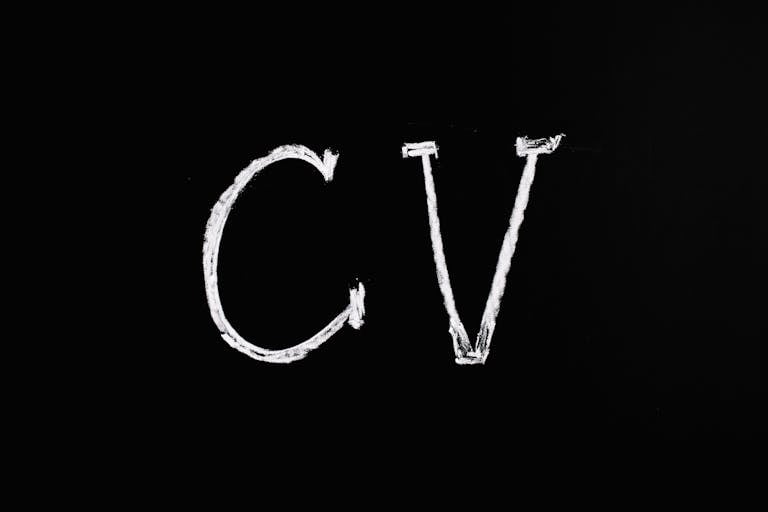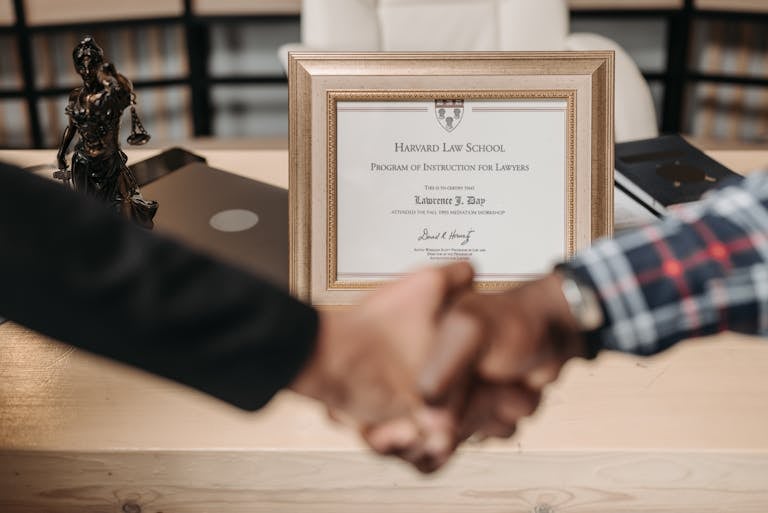Cover Letters in 2025: Do They Still Matter, or Are They a Waste of Time?
Cover letters in 2025 still influence hiring decisions. With 94% of recruiters valuing them, skipping one could be a costly mistake. Here’s how to craft a cover letter that stands out and gets results.
Key Takeaways
✅ 94% of hiring managers say cover letters influence interview decisions 🔗 Resume Genius.
✅ Shorter, personalized cover letters (150-250 words) are more effective than long-winded ones 🔗 Indeed.
✅ Storytelling and customization matter—generic cover letters don’t work anymore 🔗 Work It Daily.
✅ AI is changing hiring, but recruiters still read cover letters, especially for competitive roles 🔗 LinkedIn.
✅ Skipping a cover letter could cost you the job, especially in smaller companies or career transitions 🔗 Novoresume.
Introduction: Should You Even Bother Writing a Cover Letter in 2025?
Let’s cut the fluff. Most people write terrible cover letters.
They either:
❌ Write a boring, generic essay that no one reads.
❌ Copy-paste the same template for every job.
❌ Skip the cover letter altogether, thinking it’s unnecessary.
And yet, 94% of hiring managers say cover letters impact their decision to interview a candidate 🔗 Resume Genius.
Here’s the deal: A well-written cover letter can give you a competitive edge.
It’s not just a formality—it’s a chance to:
- Show personality.
- Explain career changes or employment gaps.
- Prove you understand the company’s needs.
So, if you want to stand out in 2025, you need to master the new rules of cover letters.
Do Cover Letters Still Matter? (The Data Says Yes)
The argument that “nobody reads cover letters” is completely false.
Here’s what the numbers say:
📌 89% of hiring professionals expect candidates to submit a cover letter 🔗 Zety.
📌 83% of hiring managers actually read most cover letters they receive 🔗 Resume Genius.
📌 60% spend at least 2 minutes reviewing each letter—they don’t just skim it 🔗 Resume Genius.
📌 45% read the cover letter before looking at the resume 🔗 Resume Genius.
Translation? If you don’t include one, you’re already behind your competition.
Even companies that don’t explicitly ask for a cover letter still expect one.
For small and mid-sized businesses, cover letters are even more critical—they want to see your personality and communication skills 🔗 Workbox Staffing.
How Recruiters Actually Read Cover Letters
Let’s talk about how hiring managers engage with cover letters:
| Hiring Manager Behavior | Percentage |
|---|---|
| Read every cover letter carefully | 45% |
| Skim the cover letter for key points | 38% |
| Read it only if the resume interests them | 17% |
That means 83% of hiring managers look at your cover letter in some form 🔗 Resume Genius.
And for smaller companies, the cover letter often determines whether they even read your resume 🔗 LinkedIn.
How Cover Letters Are Changing in 2025
1. Shorter Is Better
Forget one-page cover letters. Hiring managers don’t have time for fluff.
📌 66% of job seekers say the ideal cover letter should be half a page or less 🔗 My Perfect Resume.
📌 The most effective cover letters are 150-250 words 🔗 Indeed.
📌 Recruiters spend an average of 2 minutes reading—so make every word count 🔗 Resume Genius.
2. Personalization Is Mandatory
Generic cover letters get ignored.
✅ Address the hiring manager by name (No “To Whom It May Concern”).
✅ Mention something specific about the company (a recent project, their values, etc.).
✅ Clearly link your skills to the job requirements—don’t just list generic qualifications.
Example:
❌ Bad: “I am excited to apply for this role at your esteemed company.”
✅ Good: “Your company’s mission to [specific goal] caught my attention. My experience in [relevant skill] can help achieve [company’s objective].”
3. Storytelling Wins
A growing trend is the “disruptive” cover letter—which grabs attention through storytelling 🔗 Work It Daily.
Here’s how you do it:
Step 1: Start with a hook.
🚀 “The first time I [did something relevant to the job], I knew I wanted to work in this field.”
Step 2: Highlight one key achievement.
💡 Instead of listing your entire resume, pick one powerful example that proves you can do the job.
Step 3: End with confidence.
📌 “I’d love to bring this experience to your team. Let’s set up a time to discuss how I can contribute.”
Example of a boring opening:
“I am writing to express my interest in the [job title] position at [company]. I have five years of experience in [industry].”
Example of a great opening:
“In my first sales role, I closed a $500K deal in 3 months—breaking the company record. Now, I’m looking to bring that same energy to [Company Name].”
How to Write a Killer Cover Letter in 2025 (Step-by-Step)
✅ Keep it under 250 words—short, clear, and direct.
✅ Make it personal—mention the company’s mission or recent projects.
✅ Tell a story—show, don’t just tell, why you’re a good fit.
✅ End with a strong call to action—ask for an interview.
Conclusion: Are Cover Letters Worth It in 2025?
Yes. But only if you write them the right way.
Most people send bad cover letters—long, generic, and boring. Those don’t work.
A short, personalized, and engaging cover letter can boost your chances of landing an interview.
So, before hitting “submit” on your next application, ask yourself:
📌 Is this letter personalized?
📌 Does it tell a story?
📌 Would I read this if I were the hiring manager?
If not—rewrite it. That extra effort could be the difference between getting ignored and getting hired. 🚀
Talk Resumes with Wealth Waggle
Perfect your resume with AI-assisted feedback and tips (using the latest recruiting intelligence).









